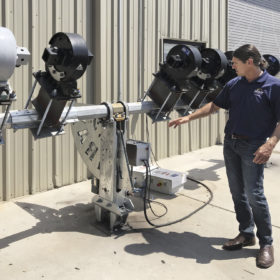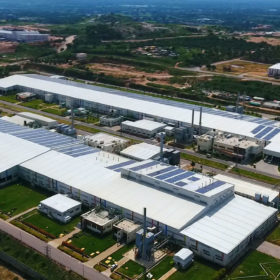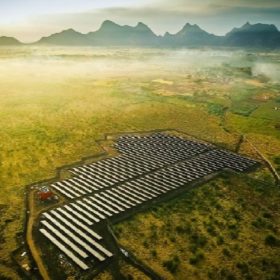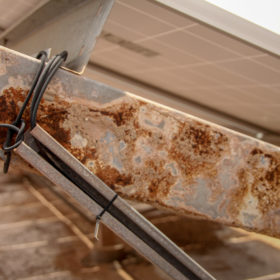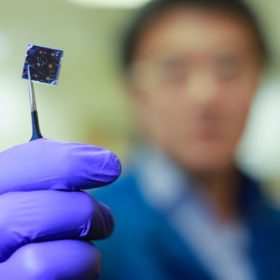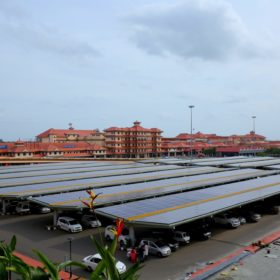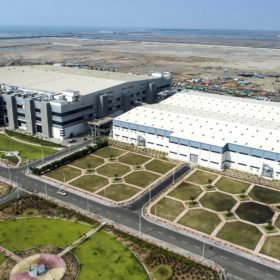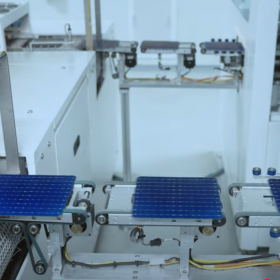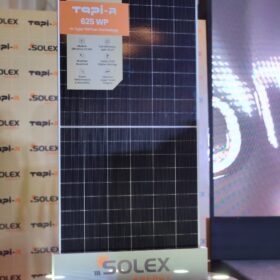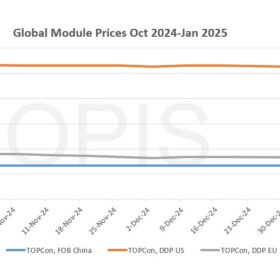The long read: A new test for trackers
The benefits of deploying bifacial solar panels on single-axis trackers are touted like snake oil these days, with promises of anywhere from 5 to 50% gains in energy output compared with a monofacial panel. Unfortunately, the field data that might delineate the actual energy gain of a bifacial panel on a tracker are hard to acquire, and the data that are available typically describe small-scale tests under tightly defined conditions.
Amara Raja to open 100 MWh Li-ion battery fab, eyes demand from EVs
Following hot on the heels of Exide Industries, lead acid battery maker, Indian-based Amara Raja Batteries Limited has said it will set up a 100 MWh lithium ion assembly plant in Andhra Pradesh. The company aims to establish a foothold in the energy storage market for electric vehicles.
US scientists create MPP algorithm to measure PV panel degradation
The algorithm is said to be able to examine the relationship between weather forecast data and the projection of electric circuit parameters. Through this innovation, Purdue University researchers claim they can interpret the routinely collected maximum power point (MPP) time-series data, to assess the time-dependent “health” of installed solar modules.
MNRE proposes shorter commissioning time for solar projects
To meet its 100 GW solar target by 2022, India’s Ministry of New & Renewable Energy (MNRE) has proposed shortening the commissioning period for solar projects.
Deger Energie, Kavitsu announce new PV tracker manufacturing fab in Maharashtra
Germany’s Deger Energie and India-based Kavitsu Robotronix will open a new solar PV tracker manufacturing facility in India. The first products are set to come off the production line in January 2019.
PV installations in Q2 fall by half
In the second quarter, India installed solar projects amounting to 52% less capacity quarter-over-quarter, due to uncertainties around trade cases, module price fluctuations, and PPA renegotiations prompted by record low solar tender bids.
Government focuses on PV quality concerns
The award of the nation’s first solar project quality certificate may signal a renewed determination by the federal authorities to crack down on low-quality panels – with Far Eastern imports firmly in their sights.
New efficiency record for perovskite-CIGS tandem
Researchers from the University of California, Los Angeles, have set a new record 22.4% conversion efficiency for a tandem cell combining a lead-based perovskite layer with CIGS technology. The record has been confirmed by the U.S. National Renewable Energy Laboratory.
Tata Power installs ‘world’s largest’ cricket stadium solar rooftop
Tata Power Solar has commissioned an 820.8 kWp solar rooftop at the Cricket Club of India (CCI), in Mumbai. It claims it is the world’s largest solar rooftop on a cricket stadium.
SECI reduces manufacturing tender size from 5 GW to 3 GW
In a major development, the Solar Energy Corporation of India (SECI) has reduced its solar manufacturing tender size from 5 GW to 3 GW, and curtailed the minimum bid capacity from 1 GW to 600 MW. The size of Power Purchase Agreement (PPA), however, remains unchanged at 10 GW.
